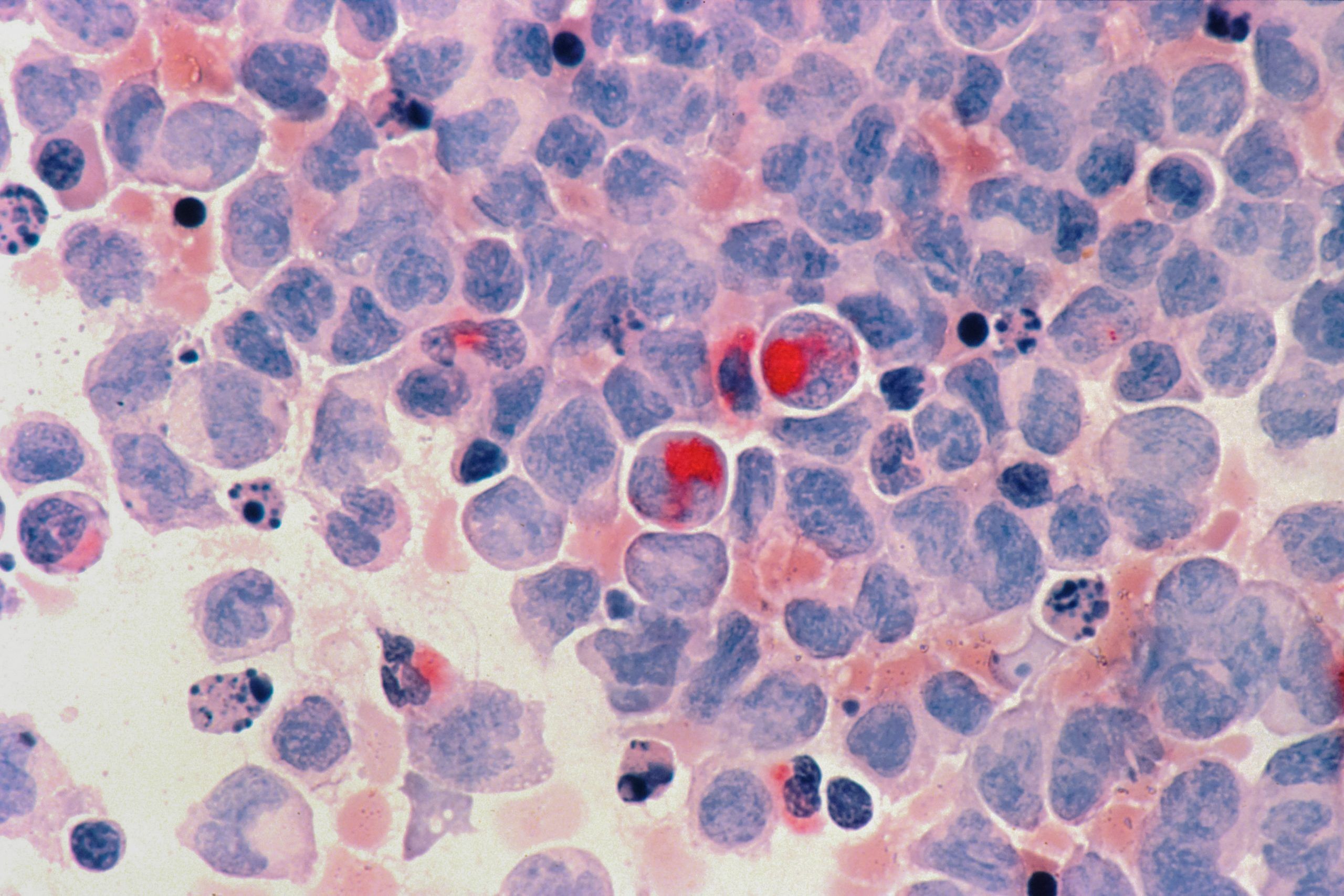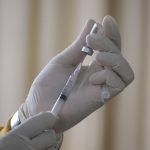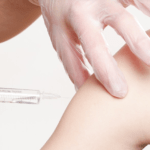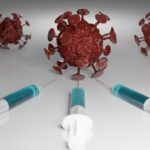The European Commission is putting forward a Recommendation to support Member States in their efforts to prevent cancer through vaccination. Notably, it focuses on boosting the uptake of two key vaccinations that can prevent viral infections that may lead to cancer: against Human papillomaviruses (HPV) and Hepatitis B virus (HBV), as well as improving the monitoring of coverage rates.
The Recommendation is part of Europe’s Beating Cancer Plan, a key pillar of the European Health Union. It is estimated that about 40% of cancer cases in the EU are preventable. However, according to a new report published today, only around 5% of total health spending was dedicated to prevention in the EU Member States in 2021.
Vaccine-preventable cancers
To eliminate cervical cancer and other cancers caused by HPV, such as certain head and neck cancers and other anogenitial cancers, Europe’s Beating Cancer Plan has set a target for Member States to reach HPV vaccination rates of 90% for girls and to significantly increase the vaccination of boys by 2030. The Cancer Plan also aims to ensure access and increased uptake of the HBV vaccination, notably to prevent liver cancer. These vaccines are vital for protecting public health and supporting resilient health systems.
However, there is still a long way to go in reaching these objectives. Many Member States are well below 50% HPV vaccination coverage for girls with limited data available for boys and young adults, and there is a significant lack of data on HBV vaccination rates.
Today’s Recommendation includes a series of measures that Member States could take to improve the uptake of these life-saving vaccines. These include:
- Providing vaccination free of charge and/or fully reimbursed;
- Ensuring that vaccination is easily accessible, particularly to the targeted groups and vulnerable or high-risk populations;
- Integrating vaccine-preventable cancer immunisation into their national cancer plans;
- Strengthening communication efforts, particularly by highlighting the benefits of vaccination to parents, young people and target groups and addressing mis- and disinformation;
- Improving monitoring and reporting of vaccination coverage, to identify where gaps may need to be addressed;
- Setting a concrete target for HPV vaccination for boys;
- Specifically for HBV, strengthen national efforts to reach the 2030 targets set by WHO:
- 95 % vaccination coverage (3rd dose) of childhood HBV vaccination;
- 95 % of pregnant women screened for hepatitis B;
- 95 % of newborns who received timely (within 24 hours of birth) HBV birth-dose vaccination, including by strengthening systems for the monitoring of progress towards those targets and by making use of available support from ECDC if needed.
- Putting strong electronic vaccination registries in place;
- Exchanging best practices with other Member States to improve national efforts.
The Commission will also provide support to Member States in implementing the Recommendation. In particular, it will provide a model for communication campaigns, adaptable to national needs and taking into account national specificities, to help raise awareness of the importance of these vaccinations. The Commission will also assist in the work to improve monitoring across the EU, while the European Centre for Disease Prevention and Control (ECDC) will develop a new dashboard of national vaccination rates for HPV and HBV by the end of 2024, to provide a better overview of the situation.
In parallel, the EU4Health programme continues to provide significant financial support to Member States in their efforts to boost vaccination and combat cancer. A Joint Action will be launched in 2024 to support Member States to increase HPV vaccination as well as to address communicable diseases such as Hepatitis and HIV/AIDS, funded with €20 million from the EU budget.
For More Information: European Commission







Leave a Reply